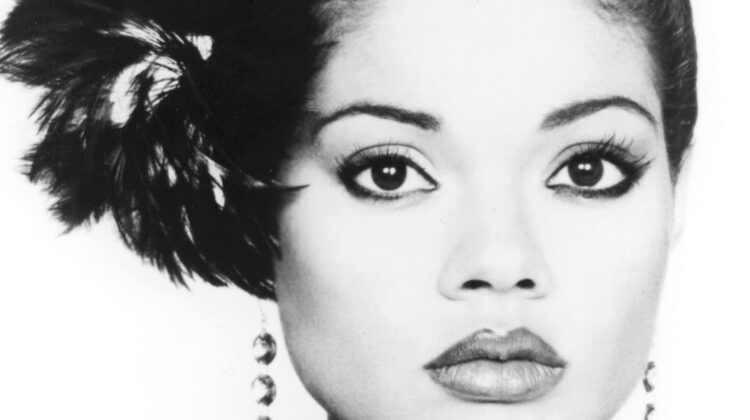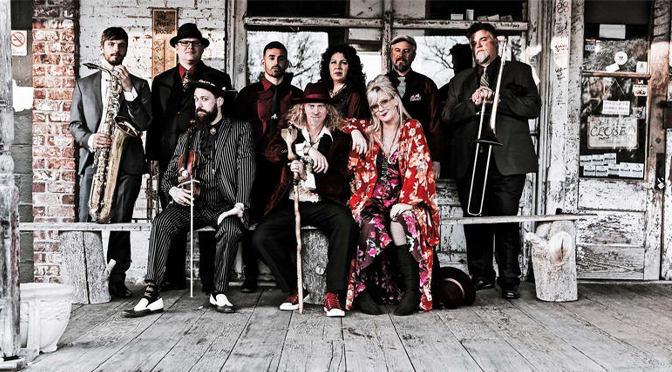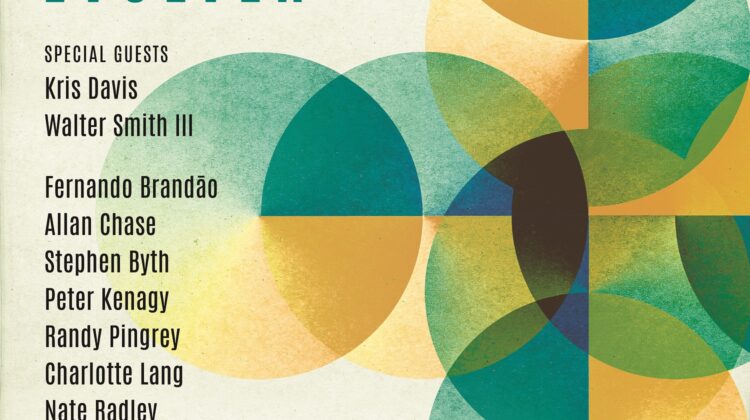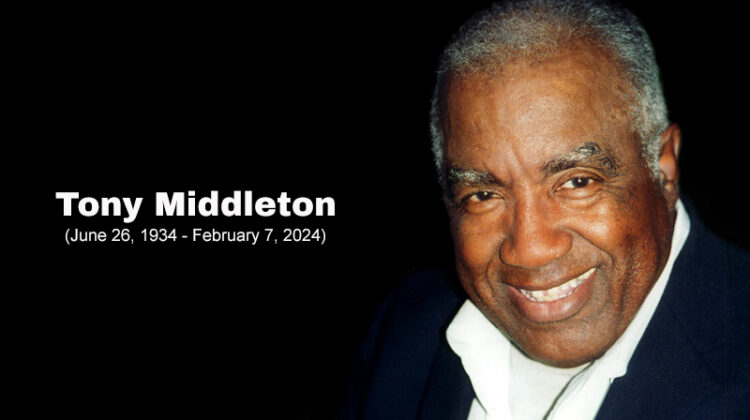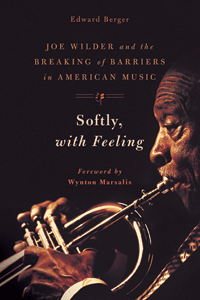Softly, With Feeling: Joe Wilder and the Breaking Of Barriers in American Music (author Edward Berger) (2014)
Softly, With Feeling: Joe Wilder and the Breaking Of Barriers in American Music (Temple University Press, 2014) by author /photographer Edward Berger, is an excellent, well-written biography of a pioneer who was an unsung and unheralded hero in the musical world. Mr. Wilder, a trumpet player, who passed May 9, 2014, at the age of 92, was an unassuming highly-professional Philadelphian, who, when he was a young boy, dreamed of one day becoming a European Classical musician. His dream faced quite many obstacles because it was not a realistic one. He grew up during the era of legalized segregation, American apartheid, when the color of his skin meant he was not allowed in such an ensemble or orchestra. That didn’t seem to stop him from dreaming or from working hard his entire life to become a fine, clear-cut example of a first-class gentleman and a master musician.
This is a scholarly, well-detailed, book, with a thoughtful foreword written by trumpeter Wynton Marsalis, and revealing quotations from Wilder’s friends, fellow musicians, Jimmy Heath and Buddy DeFranco, and from Mr. Wilder years before his death. Joe did a superb, vivid job describing his tough times in the US Marine Corps. During the mid 1940s, the World War II years, he was a member of the historic Montford Point Marines, an all black unit, based in coastal North Carolina, near Jacksonville, North Carolina. He was talented anough to rise through the ranks and to have led a band. But, for the most part, his experience at Montford Point and his time as a Marine molded him and made him a wiser, worldly man.
The book also has a lengthy notes section, a discography, as well as some rare photographs, some taken by Joe, who was an avid and active photographer. The biography thoroughly and tediously traces his life. It begins with his birth in 1922 in Colwyn, a town outside of Philadelphia, Pennsylvania. It ends his extremely inspiring journey after he has lived a long, full, productive career and had dealt like a gentleman with racism, discrimination and humiliation throughout his ninety years. Wilder was one of the few blacks who worked in the bands of the TV variety schools, studio recordings, Broadway shows. During 1950s, long before others who looked like him had, he became a versatile, reliable role model, and a steady working staff musician who was capable of expertly playing European classical, popular, and American Classical ( jazz) music.
He was also part of the wonderful Carolina Jazz Connection. His father, Curtis Wilder, a part-time musician, who played the cornet, sousaphone and bass, was a native of Winfall, North Carolina. His family, and North Carolinians, like the Heaths, the Tyners , and the Coltranes, were a part of the Great Black Migration of the early 1900s, and like so many other North Carolina natives, they left the Tar Heel state for Philadelphia for better lives, free of racism, frequent bloody black male lynchings and overt, in- your- face prejudice. Most of them, those who thought that D.C. was still the South, too “deep country” and that fast-paced, dog-eat-dog New York City was a bit much, tended to settle in the crowded Carolina-populated narrow-row houses- of the African-American working class communities of “The City of Brotherly Love.” This book clearly shows that Philadelphia should have really been called “The City Of Brotherly Shove.” By the time the reader gets to the second or third chapter, Joe has been called nasty names and has experienced quite a bit of racism in Philadelphia when he was a child growing up there and when he was a young adult musician.
In fact, the struggle to overcome the sting of racism is the constant central theme of this book. There is also a subtle suggestion that if Joe Wilder were white he would have been more well-known, and that maybe he was the “Jackie Robinson” of modern American music. Some would say that Robinson was trained and handpicked to be the first black major league baseball player and that Joe Wilder was not trained to be one of the firsts. Maybe, but, Softly, With Feeling, shows that Joe hit several home runs and that maybe Jackie learned a few lessons from Joe– how to play and swing hard and as softly as Wilder. There is photo in the last chapter (Passing It On) of the book that pretty much sums up what an immense. sustained impact Joe had on the world. It pictures him blowing his trumpet at a 1999 workshop at The Hart School of Music, University of Hartford, West Hartford, Connecticut and he is surrounded by students and a rhythm section. The entire audience, including saxophonist and educator Jackie McLean, was frozen, smiling, looking at Joe play and one student held his horn and watched, with a big smile on his face. It was like he was saying: “This is the cat!” That photo says it all. Joe Wilder was the cat!



